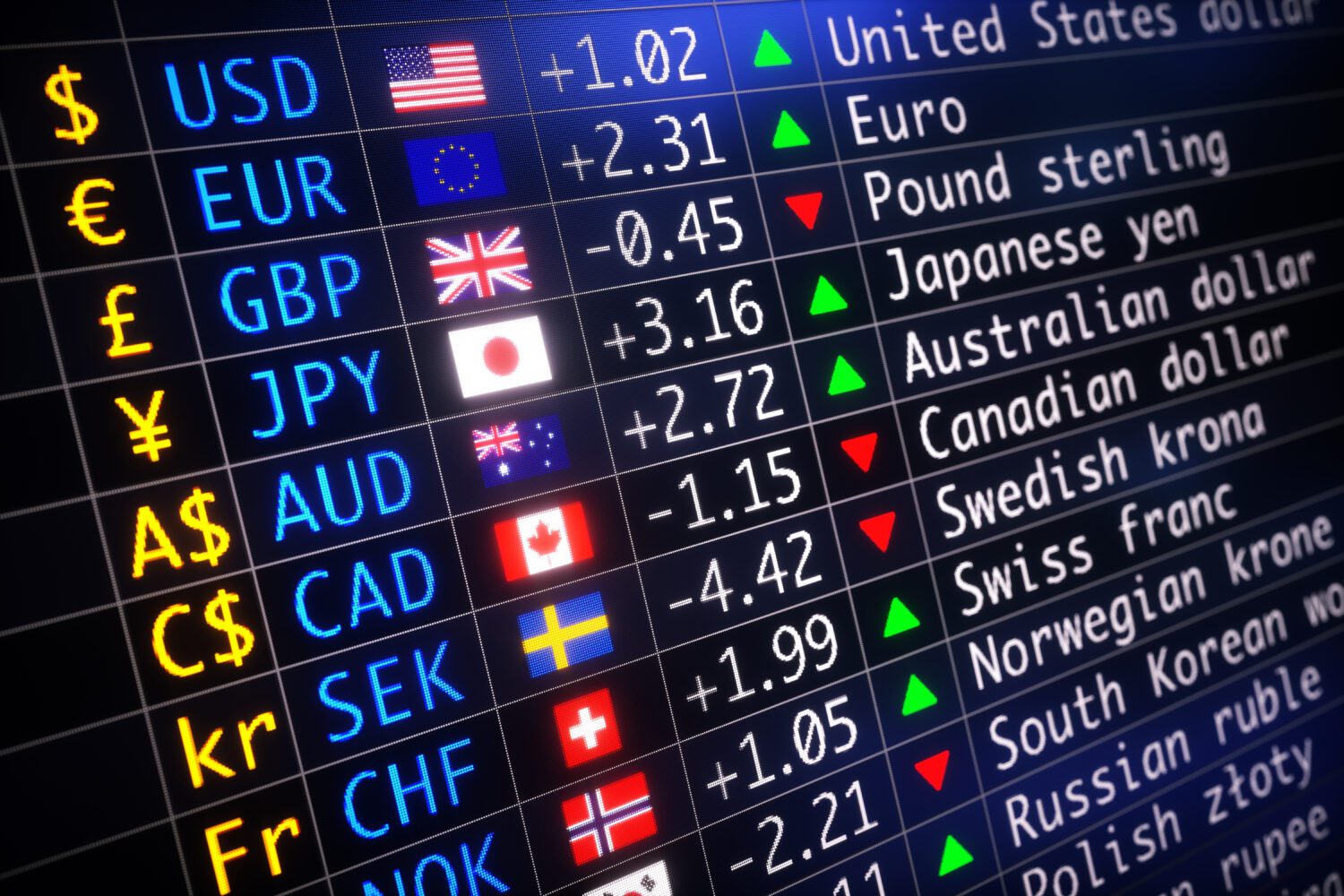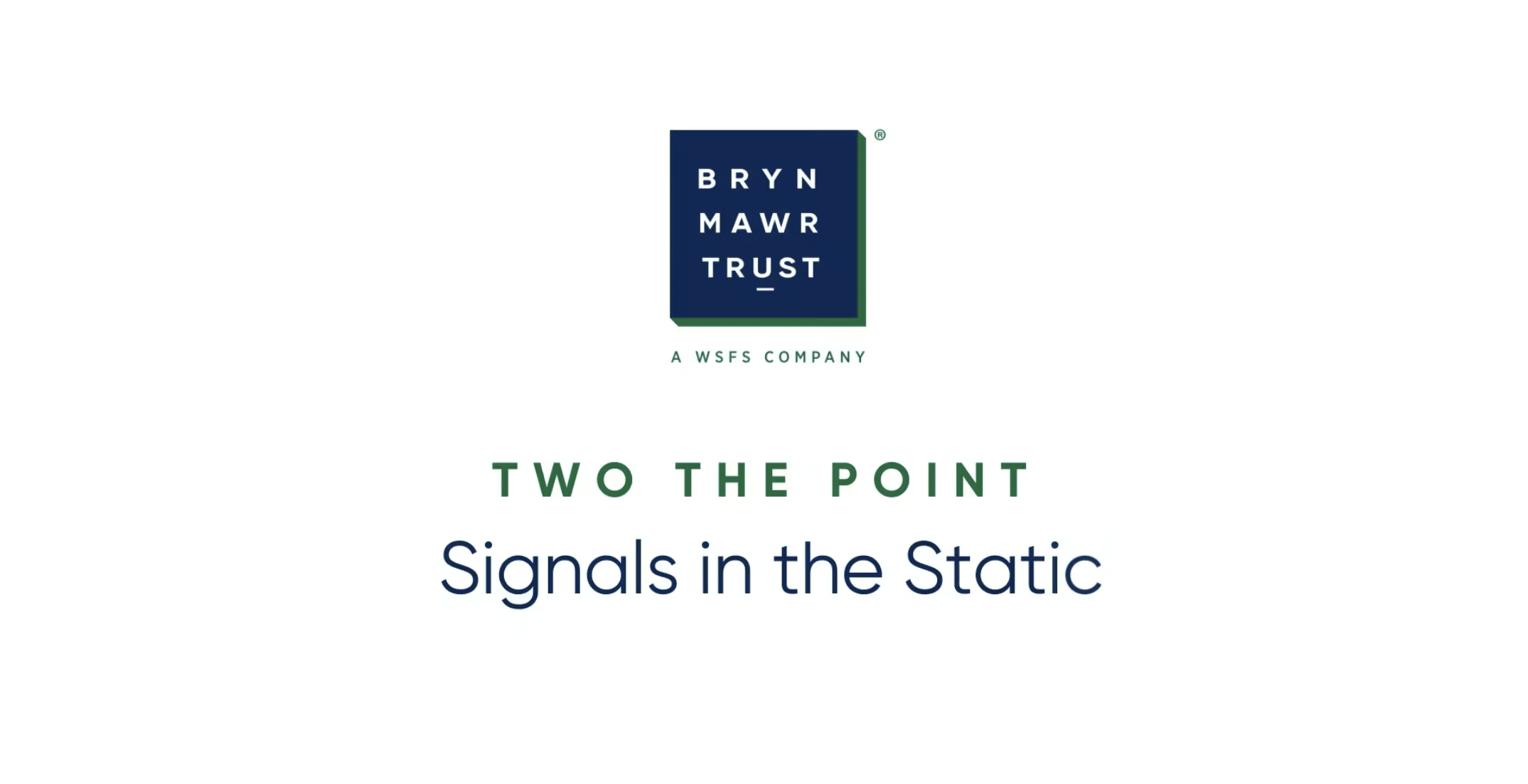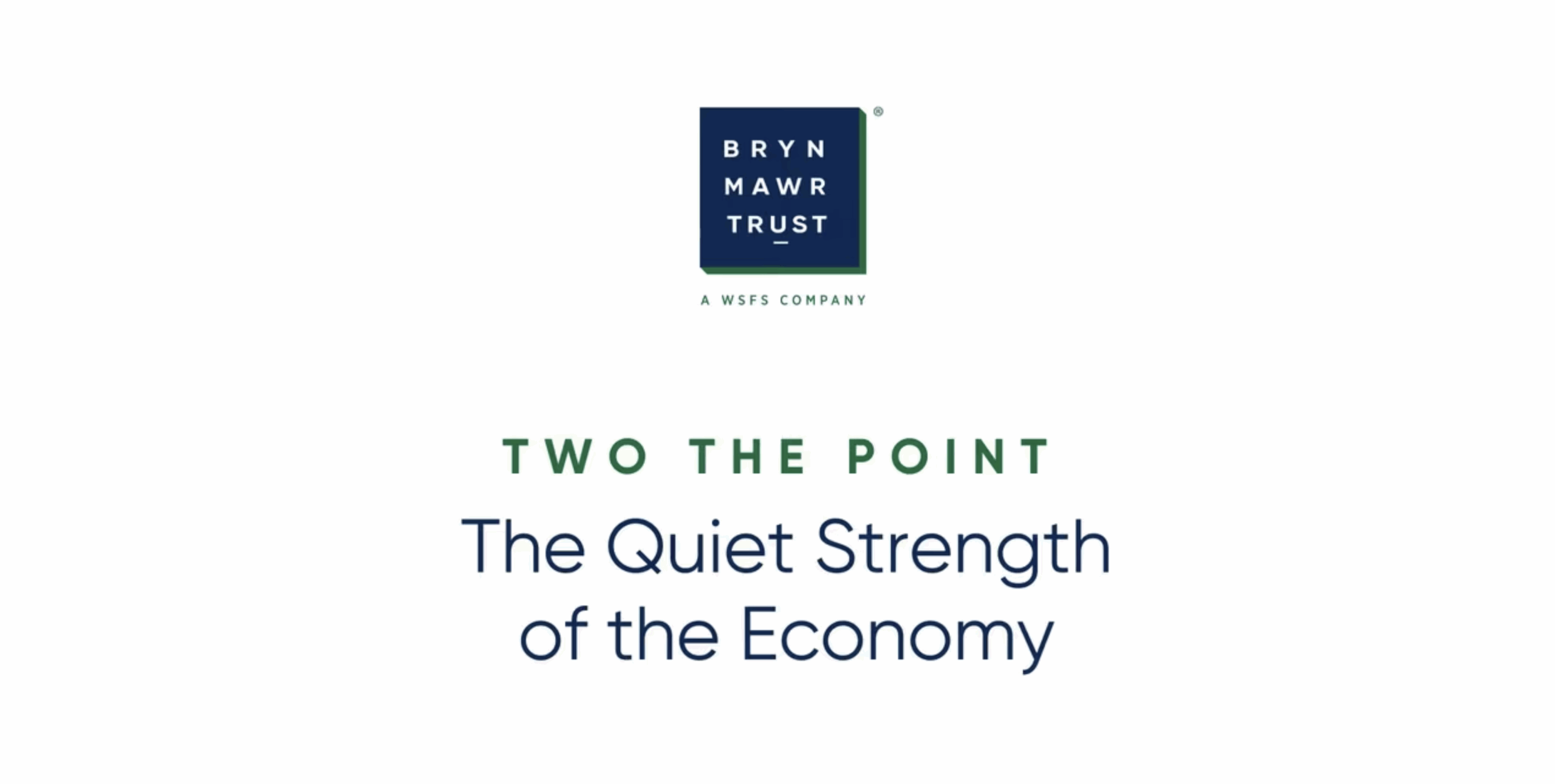Currency fluctuations significantly impact global earnings and asset positioning, despite most investors not directly trading foreign currencies. A strong U.S. dollar negatively affects multinational companies’ international revenue, while substantial currency price fluctuations can lead to considerable volatility in certain asset classes, particularly carry trades where investors borrow in low yielding currencies to invest in higher yielding currencies. It is within these dynamics that greater attention should be focused on currencies.
Recent developments in global monetary policy have raised questions about the era of coordinated central bank actions. In early June, The European Central Bank lowered its primary interest rate by .25%, following similar moves by other developed nations. Meanwhile, the Bank of Japan is moving to normalize its ultra-loose monetary policy, recently implementing its first interest rate hike in seventeen years and planning to unwind its massive bond-buying program.
This divergence in central bank policies raises the question: Are we entering an era of asynchronous global central bank policy? If so, what are the ramifications for global markets and investors?
U.S. exceptionalism plays a central role in this discussion. This concept involves analyzing economic metrics on a country-by-country basis, which in today’s markets is a double-edged sword. It signifies a robust economy with strong consumer balances and potential productivity gains, fostering long-term economic growth. However, it also suggests a prolonged period of higher interest rates, with the Federal Reserve likely to maintain its stance until economic metrics show signs of deceleration or the disinflation track reaches their target.
On the other hand, we may be entering a period of questioning that exceptionalism, as signs suggest an approaching debate centered on the current health of the U.S. labor market. Additionally, the repricing of Federal Funds rates indicates that a domestic interest rate cut may be imminent. In an environment focused on U.S. exceptionalism, relative interest rate differentials become key drivers of asset class returns and investment strategies.
Currency fluctuations are a classic result of asynchronous global central bank policies. The idea that one currency outperforms another based-on interest rate levels or spreads has long been established. Examining five-year interest rate differentials between the U.S. and Germany (a proxy for Europe due to its large market and economy) and Japan helps explain recent trends.
U.S. dollar strength is the prevailing long-term trend, influencing global trade and investment flows. Conversely, recent occurrences point toward a more volatile environment based on the question we asked centered around asynchronous central bank policy. When one bank eases while another tightens, frictions develop causing repricing in currencies and eventually certain asset classes. Asset managers that rely on low interest rates to increase leverage are forced to reposition portfolios based on changes in the underlying interest rates. For a sustained period of U.S. dollar weakness, we would need to see more material cracks in the longer-term trend of U.S. exceptionalism.
Lastly, political stability, though difficult to predict and measure, remains a significant factor in currency markets. 2024 is marked by elections not only in the U.S. but also in many parts of Europe. Recent European Parliament elections have shown political instability, with incumbent parties losing ground, leading to uncertainty in policy directions. This environment increases the likelihood of a weakening Euro relative to the U.S. dollar. While the U.S. election is yet to occur and its results may extend beyond the official November 5 date, markets do not appear to be assigning any excess risk premium based on the upcoming U.S. political situation. Naturally, the political landscape can change on a dime especially with the latest developments. As one can easily see, it is crucial to consider various factors in determining investment strategies that are influenced by currency movements.




